Improve Functional Skills and Drive Positive Change
Applied Behavior Analysis (ABA) is a common therapy for individuals diagnosed on the autism spectrum. ABA is outcomes-based, clinically focused and can be used to foster a range of skills, from basics to more complex abilities, using various clinically proven techniques to increase useful behavior and make learning enjoyable, while reducing behaviors that can cause harm or interfere with development. This evidence-based treatment builds on analysis, design and implementation of goals that lead to growing self-confidence and new levels of success.

Therapy provided at your preferred time and location
At Proud Moments ABA, we know life is complicated. We look to deliver care at your location of choice. All of our locations can deliver ABA therapy at your home. Some also have center-based care. Our ABA therapists also work within the community in settings such as after-school programs, in school, or other locations, depending on what works best - and at the time of day that suits your family.
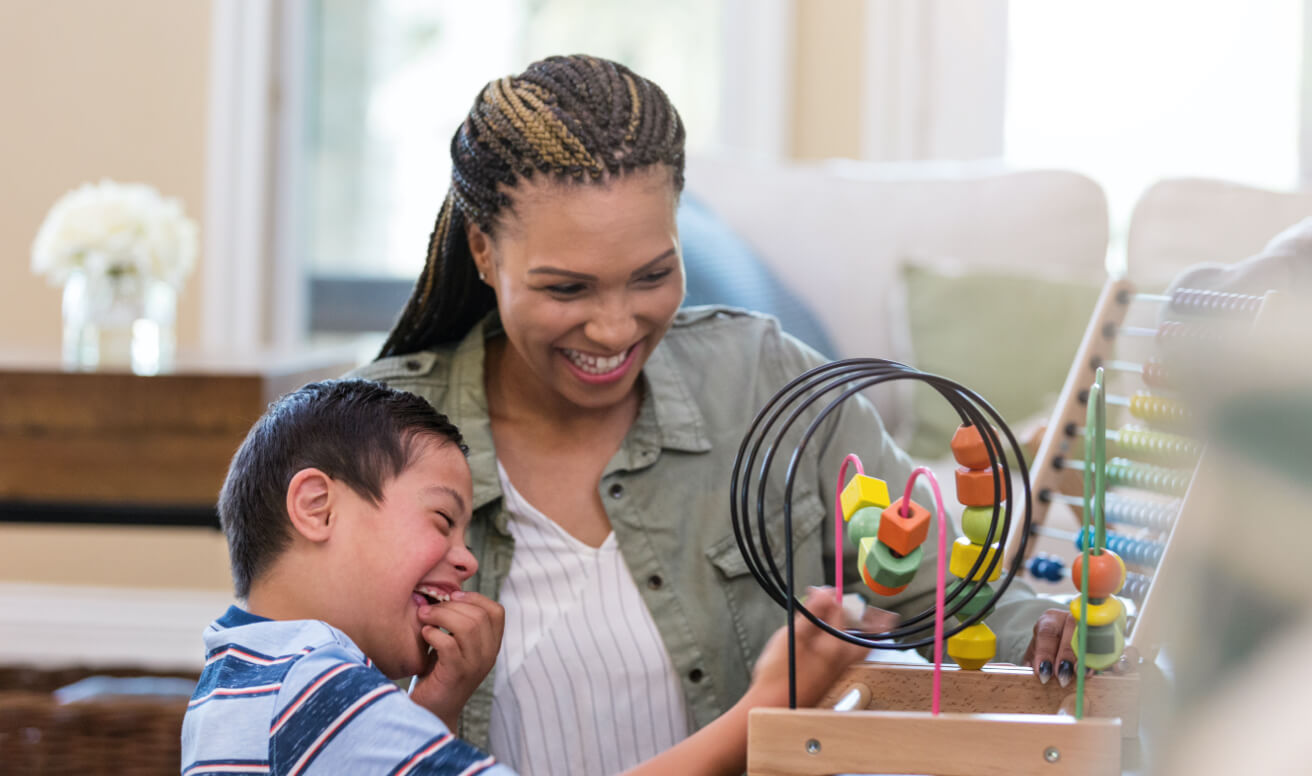
Guiding your child along the path of success
When you contact Proud Moments, an advocate will take your information and we will begin the process of getting authorization for services. One of our expert BCBA therapists will assess your child and create a personalized treatment plan.
We match each child with a BCBA and therapist team, who together implement the treatment plan. Once therapy begins, our data-driven review process ensures ongoing progress toward goals, with senior-clinician supervision. We offer regular parent training and direct supervision of behavior techniques used in the home or center.
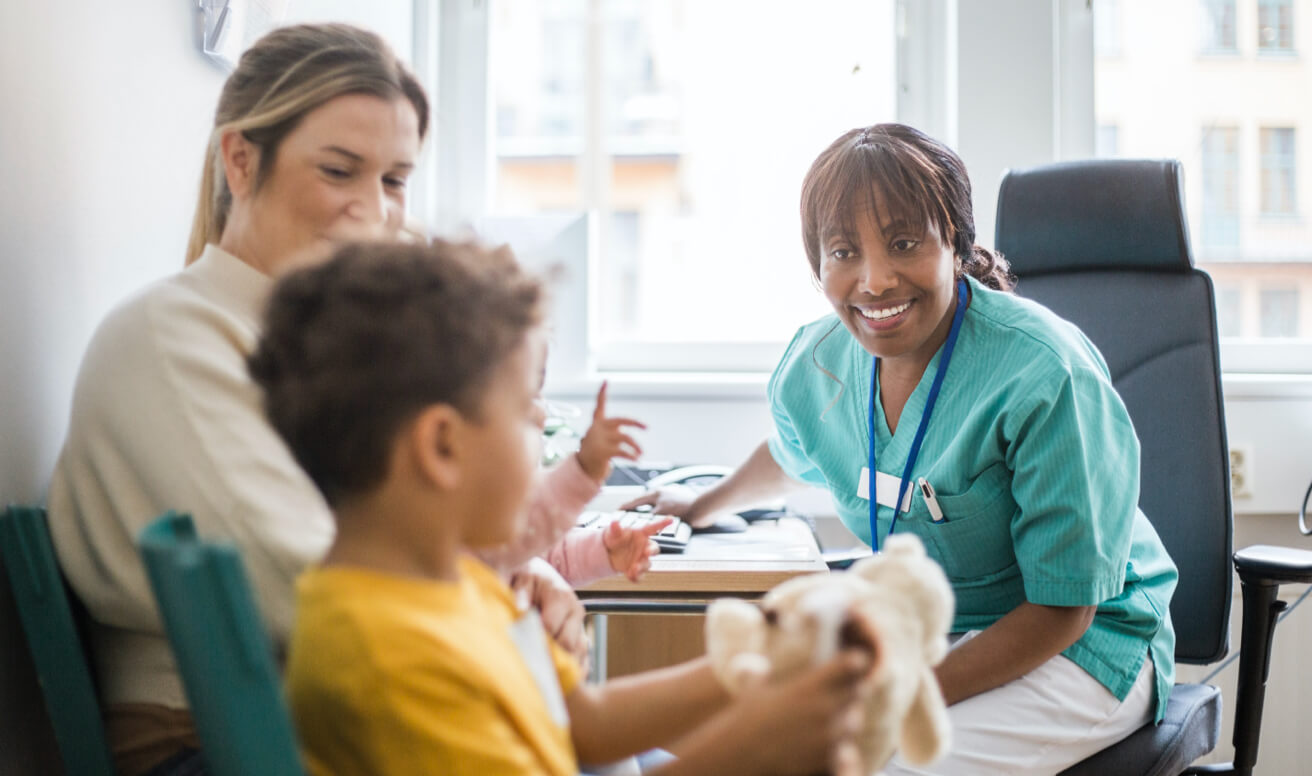
Is ABA therapy right for your child?
Proud Moments ABA provides services for infants through young adults, ages infancy through 21. We also help children diagnosed on the autism spectrum across levels of functionality, from low functioning through very high functioning.
Sample Behaviors We Help With
Our ABA therapy improves social skills, allowing children to communicate, collaborate and share with their peers and others, with the ultimate goal of creating lasting and meaningful relationships. We help build the competencies that lead to greater degrees of independence—and that can help your child thrive.
Don’t See What You’re Looking For?
We work with all kinds of behaviors. We can connect you with a parent experiencing the same thing. Reach out to see how else we can help!
 Kara, 6
Kara, 6

Kara's ABA Therapy
Age 6, Development Profile: Daily 90-minute session between school and dinner (Mon–Sun, 4:30pm–6:00pm)
Why ABA works for Kara:
Our approach with Kara is tailored to her unique needs, including the incorporation of her AAC (augmentative and alternative communication) device in various programs. We use techniques that are naturalistic to her environment to evoke desired behaviors such as appropriately asking for desired items. We work collaboratively with her school and other therapies to ensure she is getting comprehensive therapy. We adapt our programs and approach as Kara makes progress. Together, we celebrate milestones and victories that Kara accomplishes.
Kara’s Goals
Kara is working on communication skills, language acquisition, demanding and waiting for a preferred item. She is also identifying and labeling functional items in her daily life.
Kara’s Team:
Olivia Cenname-Policarpo (BCBA), Hande Akbas (RBT), Romina Montti (RBT)

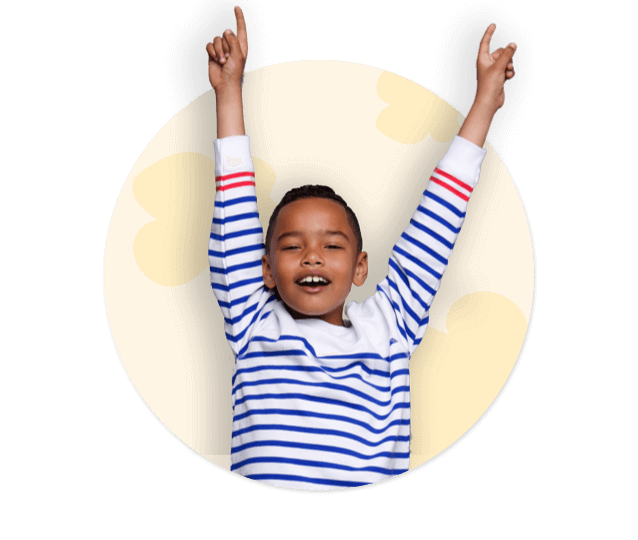 Dylan, 10
Dylan, 10

Dylan's ABA Therapy
Age 10, Development Profile: Afternoons and evenings, 6 days/week (Mon–Fri, 4:00pm–7:00pm; Sat, 9am–noon)
Why ABA works for Dylan:
We use an individualized approach to teaching language that is customized to Dylan’s specific strengths and specific areas in need of improvement. We are always changing and evolving our approach based on Dylan’s responses to treatment. Every complex skill is broken down into smaller steps and new ones are introduced once the first steps are mastered. We are also introducing new foods to add to Dylan’s limited diet. Dylan tries these new foods with his Behavior Technician, and we celebrate together when he expands his repertoire of preferred foods.
Dylan’s Goals:
Dylan is working on language acquisition, eating new foods, play skills and waiting for a preferred item. He is labeling objects and answering questions.
Dylan’s Team:
Hilary Marketta (BCBA), Sally Warnock (BT)

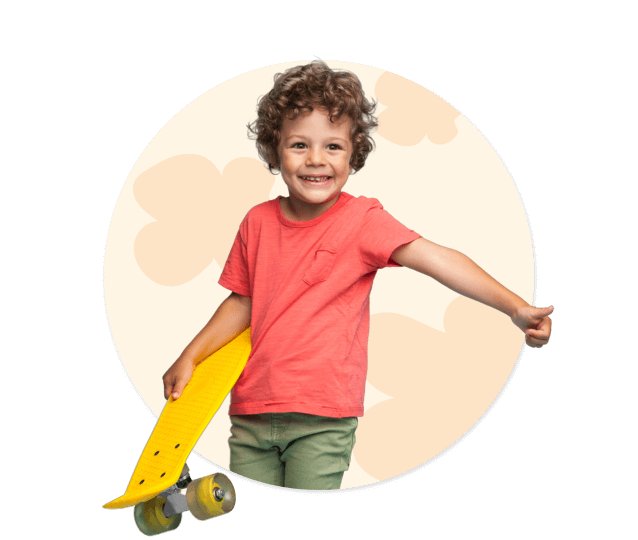 Kevin, 6
Kevin, 6

Kevin's ABA Therapy
Age 6, Development Profile: Language-focused weekday intensive (Mon–Fri, 8:00am–2:00pm; Mon/Wed, 3:00pm–5:00pm)
Why ABA works for Kevin:
We use an individualized approach in natural environments to teach language, social skills with an errorless approach. Kevin is learning new tasks to build independence and working on applying the skills across different people he interacts with on a daily basis. It works because we specifically use different motivating techniques and environmental factors to encourage skill development. We encourage Kevin to be part of the process, by talking to him and targeting what he feels is important for himself. This promotes the social significance other behavior plans put in place. All skills are broken down into smaller steps, so that both Kevin and those around him feel success.
Kevin’s goals:
We are working with Kevin on functional communication, reciprocal conversation and problem-solving.
Kevin’s Team:
Danielle Cook (BCBA), Angela Malone (BT), Jill Robinson (Advocate)

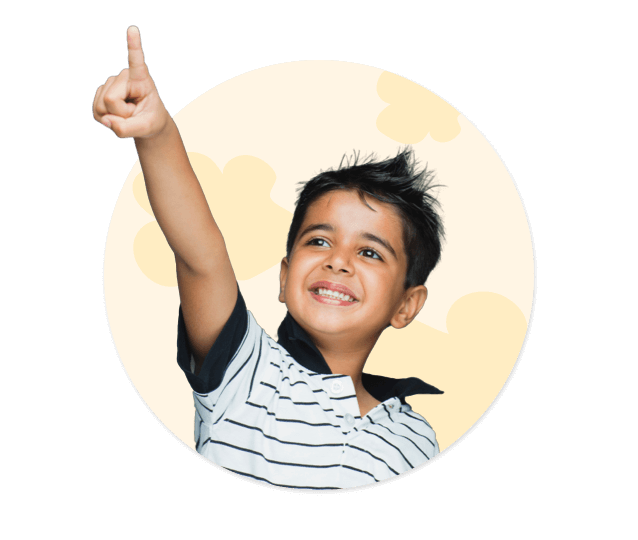 Luke, 7
Luke, 7

Luke's ABA Therapy
Age 7, Development Profile: Weekdays, morning through lunch (Mon–Fri, 8:30am–1:30pm)
Why ABA works for Luke:
Luke uses a combination of spoken words, gestures and his iPad to communicate wants and needs and to comment on his environment. As his communication skills evolve, we adapt our instruction and expectations to increase his opportunities to interact with others. Currently, this dynamic language instruction includes teaching Luke skills so he can communicate more complex thoughts. Luke’s repertoire of spoken words is increasing every day. We are also helping Luke increase his tolerance for going to the dentist, playing with others and making mistakes.
Luke’s goals:
Luke is working on communication, eating new foods, cooperative play skills, and coping and tolerance skills.
Luke’s Team:
Shannon Burger (BCBA), Brittany Berrelleza (RBT)

 Kara, 6
Kara, 6

Kara's ABA Therapy
Age 6, Development Profile: Daily 90-minute session between school and dinner (Mon–Sun, 4:30pm–6:00pm)
Why ABA works for Kara:
Our approach with Kara is tailored to her unique needs, including the incorporation of her AAC (augmentative and alternative communication) device in various programs. We use techniques that are naturalistic to her environment to evoke desired behaviors such as appropriately asking for desired items. We work collaboratively with her school and other therapies to ensure she is getting comprehensive therapy. We adapt our programs and approach as Kara makes progress. Together, we celebrate milestones and victories that Kara accomplishes.
Kara’s Goals
Kara is working on communication skills, language acquisition, demanding and waiting for a preferred item. She is also identifying and labeling functional items in her daily life.
Kara’s Team:
Olivia Cenname-Policarpo (BCBA), Hande Akbas (RBT), Romina Montti (RBT)

 Dylan, 10
Dylan, 10

Dylan's ABA Therapy
Age 10, Development Profile: Afternoons and evenings, 6 days/week (Mon–Fri, 4:00pm–7:00pm; Sat, 9am–noon)
Why ABA works for Dylan:
We use an individualized approach to teaching language that is customized to Dylan’s specific strengths and specific areas in need of improvement. We are always changing and evolving our approach based on Dylan’s responses to treatment. Every complex skill is broken down into smaller steps and new ones are introduced once the first steps are mastered. We are also introducing new foods to add to Dylan’s limited diet. Dylan tries these new foods with his Behavior Technician, and we celebrate together when he expands his repertoire of preferred foods.
Dylan’s Goals:
Dylan is working on language acquisition, eating new foods, play skills and waiting for a preferred item. He is labeling objects and answering questions.
Dylan’s Team:
Hilary Marketta (BCBA), Sally Warnock (BT)

 Kevin, 6
Kevin, 6

Kevin's ABA Therapy
Age 6, Development Profile: Language-focused weekday intensive (Mon–Fri, 8:00am–2:00pm; Mon/Wed, 3:00pm–5:00pm)
Why ABA works for Kevin:
We use an individualized approach in natural environments to teach language, social skills with an errorless approach. Kevin is learning new tasks to build independence and working on applying the skills across different people he interacts with on a daily basis. It works because we specifically use different motivating techniques and environmental factors to encourage skill development. We encourage Kevin to be part of the process, by talking to him and targeting what he feels is important for himself. This promotes the social significance other behavior plans put in place. All skills are broken down into smaller steps, so that both Kevin and those around him feel success.
Kevin’s goals:
We are working with Kevin on functional communication, reciprocal conversation and problem-solving.
Kevin’s Team:
Danielle Cook (BCBA), Angela Malone (BT), Jill Robinson (Advocate)

 Luke, 7
Luke, 7

Luke's ABA Therapy
Age 7, Development Profile: Weekdays, morning through lunch (Mon–Fri, 8:30am–1:30pm)
Why ABA works for Luke:
Luke uses a combination of spoken words, gestures and his iPad to communicate wants and needs and to comment on his environment. As his communication skills evolve, we adapt our instruction and expectations to increase his opportunities to interact with others. Currently, this dynamic language instruction includes teaching Luke skills so he can communicate more complex thoughts. Luke’s repertoire of spoken words is increasing every day. We are also helping Luke increase his tolerance for going to the dentist, playing with others and making mistakes.
Luke’s goals:
Luke is working on communication, eating new foods, cooperative play skills, and coping and tolerance skills.
Luke’s Team:
Shannon Burger (BCBA), Brittany Berrelleza (RBT)

* Names and images have been changed to protect privacy.
Who ABA is for
At this time, ABA therapy is most often approved for reimbursement only for individuals on the autism spectrum (situations vary by state). As with any healthcare service, direct cost will vary depending on your plan and aspects such as co-pays, deductibles and covered in- and out-of-network benefits.
Get Started Today
The conversation starts with you. We listen and will help you think things through, adding an unmatched level of expertise and caring guidance so you can help your child find their way. Speak with us today.
